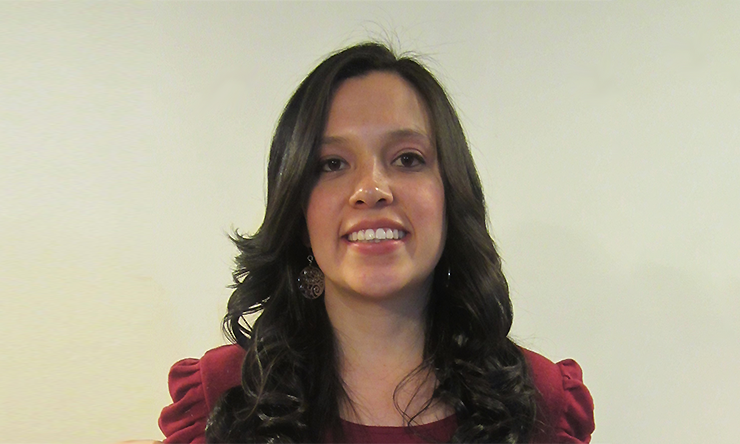Dr. Cristina Poveda Cuevas named 2019 STAT Wunderkind
Dr. Cristina Poveda Cuevas, a research associate in the National School of Tropical Medicine at Baylor College of Medicine, has been named a 2019 STAT Wunderkind by STAT News, a national publication focused on finding and telling compelling stories about health, medicine and scientific discovery.
The award celebrates early-career scientists for their groundbreaking work in academia, industry and the clinic.
Poveda joined the National School of Tropical Medicine at Baylor and the Texas Children’s Hospital Center for Vaccine Development in 2018 as a new postdoctoral scientist. Her work focuses on immunology and the mechanisms of disease, and her research has focused on the development of an effective, safe and innovative mRNA vaccine against Chagas disease, a neglected tropical disease affecting the Latin American region.
Her work centers around screening and identifying suitable vaccine candidates using novel in-vitro techniques and assays, which allows for a better understanding of the biological and immunological complexities of the parasite, infection and disease. Poveda developed and optimized a new and innovative high-throughput platform to accelerate the development and evaluation of a vaccine that could be used to both prevent and/or treat populations afflicted with Chagas. Her work demonstrated the importance of studying the biodiversity of the Chagas pathogen while also understanding the immunological mechanisms leading to Chagas.
Poveda learned about Chagas disease first-hand while working with patients in her native Colombia. Helping those patients motivated her to advance her graduate and postgraduate studies.
”The STAT Wunderkind recognition is truly an honor for me,” Poveda said. “Receiving this recognition is a reflection of hard work through the years as well as the inspiration of my mentors during the process. “It is a huge challenge to work on Chagas disease, but the more we understand the disease the closer we are to helping patients.”
“We have been in awe of Cristina’s scientific achievements since she joined our laboratories, and I am confident her work will have a long and sustainable footprint to improve global health,” said Dr. Maria Elena Bottazzi, associate dean of the National School of Tropical Medicine at Baylor and co-director of the Texas Children’s Hospital Center for Vaccine Development.











